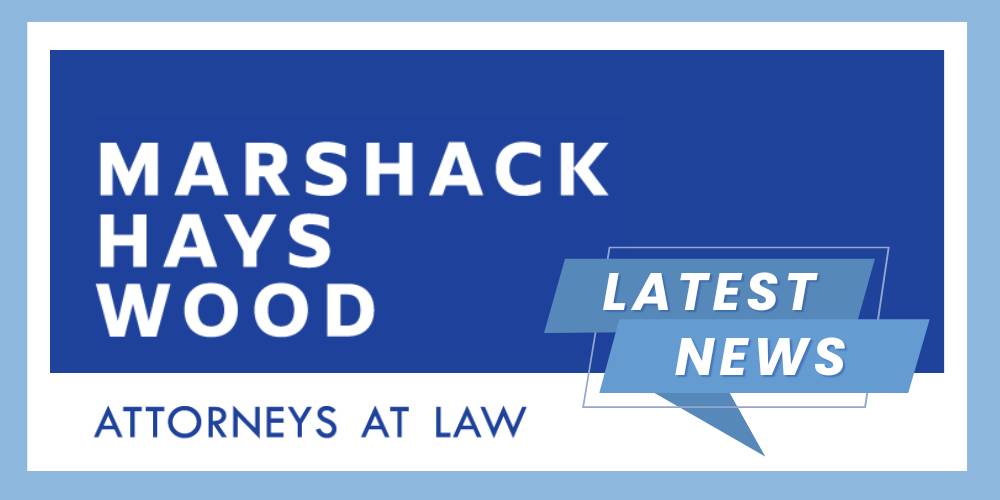When a debtor re-files a bankruptcy petition within a year of dismissal, §362(c)(3)(A) ((Unless stated otherwise, all section references are to the Bankruptcy Code, 11 U.S.C. §§101-1330.)) provides that the automatic stay “shall terminate with respect to the debtor” thirty days after the second petition. But does this extra measure of protection for creditors eviscerate the right of a Chapter 7 trustee to administer valuable estate property in the second case? Particularly where the plain meaning of §362(c)(1) provides for continued protection of the automatic stay for estate property until such property is abandoned.
A new opinion from the Bankruptcy Court in the Central District of California, In re Rinard, holds, at least preliminarily, that a Chapter 7 trustee continues to benefit from the protection of the automatic stay for estate property after the expiration of the thirty day period referenced in §362(c)(3)(A).
Chapter 7 trustees have been on high alert since a contrary holding of the Ninth Circuit Bankruptcy Appellate Panel was published in February, 2011. The BAP held in In re Reswick ((446 B.R. 362, (9th Cir. BAP 2011).)) (a Chapter 13 case) that the neither the debtor nor the estate is entitled to any continued protection from the automatic stay after thirty days. A significant concern among Trustees is this—what if the second case has very valuable estate property and a secured creditor decides to foreclose on the property and wipe out equity for creditors without first seeking relief from stay (or at least after obtaining a comfort order from the bankruptcy court)?
And that is exactly what happened in Rinard. Given my firm’s involvement in Rinard (see below), this post is not intended to directly address the substance of the legal issues. Rather, I’d like to make trustees and lawyers generally aware of the issues we have raised as well as current efforts underway on appeal and at the trial court level to address the important estate administration issues in Rinard and in Reswick. You may also find it interesting that in addition to reaching a result contrary to Reswick, Judge Clarkson in Rinard also concluded that bankruptcy courts are not bound by decisions of the Bankruptcy Appellate Panel.
In Rinard, my firm represents the Debtor, Richard Rinard, and acts as special counsel to the Trustee, Helen Frazer, for the limited issue of confirming that the stay did not terminate thirty days into the present case as to estate property.
In addressing the Reswick holding, we have asserted that the opinion focuses only on the language of Section 362(c)(3). In doing so, it fails to account for or explain the important introductory clause of §362(c) (see below) or the specific effects of §362(c)(1) that continues the automatic stay in effect for the benefit of estate property. The language of §362(c)(1), including the introductory clause, provides:
- (c) Except as provided in subsections (d), (e), (f), and (h) of this section—
- (1) the stay of an act against property of the estate under subsection (a) of this section continues until such property is no longer property of the estate;
Noticeably absent from the introductory wording in Section 362(c) is any reference to subsection (c)(3). We asserted in Rinard that if Congress had intended for the stay to terminate with respect to estate property under (c)(3), there would have been a reference to this subsection in the preamble wording of Section 362(c). Stated differently, Congress could have easily altered the preamble wording to be—“except as provided in subsections [(c)(3)], (d), (e), (f) and (h) of this section….” But it did not.
And because subsection (c)(3) is absent from this introductory clause, the plain meaning of Section 362(c) is that the stay does not terminate with respect to estate property thirty days into a case filed within one year after dismissal of a prior case.
I have spoken with counsel for Reswick who has appealed that decision to the Ninth Circuit. Also, I have another case on this exact issue where the trial court found via an unpublished decision that it was bound to follow Reswick. On behalf of the Trustee, Richard Marshack, we have appealed this other decision and are seeking direct certification to the Ninth Circuit to be coordinated with the briefing and argument on Reswick.
Based on these developments, the Ninth Circuit may soon weigh in and resolve this issue once and for all. We’ll also see if the Ninth Circuit will finally choose to weigh in on whether the decisions of the BAP are binding or persuasive.
By Ed Hays

